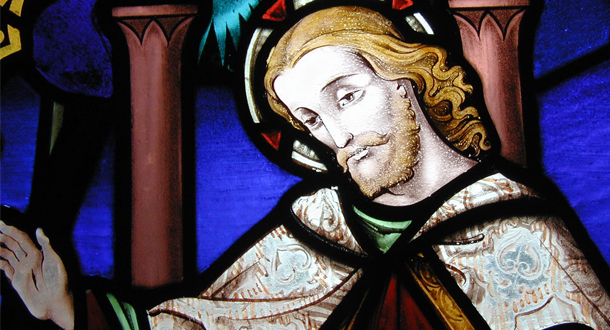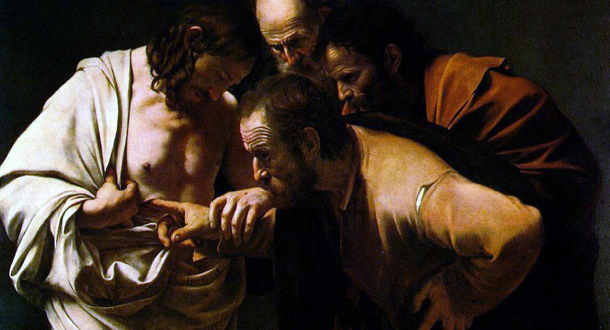Genesis 27:1-5, 15-29
Matthew 9:14-17
Reflection:
The ardent disciples of John the Baptist were confused by the casual ways of the followers of Jesus. Jewish spiritual traditions rested on three legs: prayer, almsgiving, and fasting. Why didn’t Jesus insist his followers adhere to the third prescribed practice, formed over centuries, to fast twice a week like every other good Jew?
In his wisdom, Jesus cautions the disciples of his cousin John to think deeper than rules and rituals. In telling the questioners to respect the context of the moment, he is saying “Pay attention first to the workings of the Spirit right here, right now.” What workings? HE is in their midst right now! His presence is cause for celebration, not fasting, right now!
This teaching shows up in our generation in popular books like The Power of Now by Eckhart Tolle and Be Here Now by Ram Dass. Some may think these writers have discovered an amazing new insight into living. Not so.
I wonder if, in our age, the best way to live the 3 legs of the practice of our faith to appreciate God’s presence right now is, ironically, to reconsider fasting. Electronic fasting. Would we all not benefit from an hour, an afternoon, a day with the phone, the computer and TV turned to OFF. Perhaps our minds would be less cluttered, our bodies less tense, our focus on loved ones more intense, and our connection to Christ stronger in the present moment.
To stay close to Christ, to appreciate Christ in ourselves and each other, there must be times, guided by the Spirit, to pull back, be still, listen to and observe God speaking, communicating, guiding and filling us with zeal as followers of the God-Man in our midst. Right now.
Jim Wayne is a board member of the Passionist Solidarity Network (PSN), state legislator, and author of The Unfinished Man. He lives in Louisville, Kentucky.








